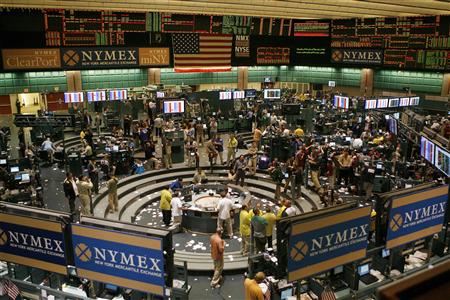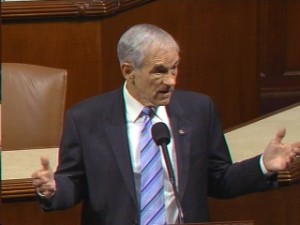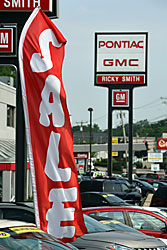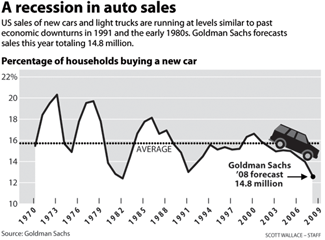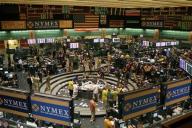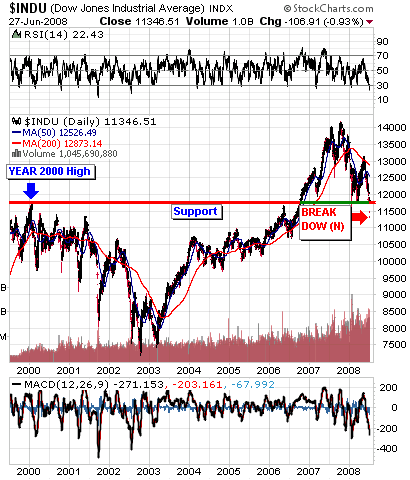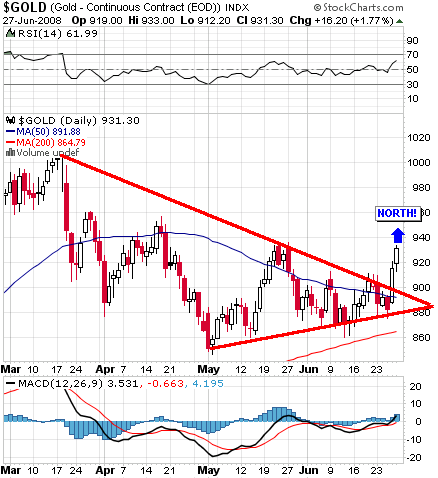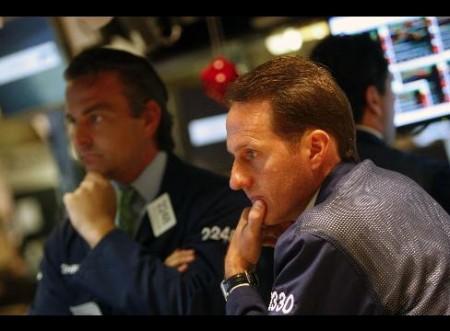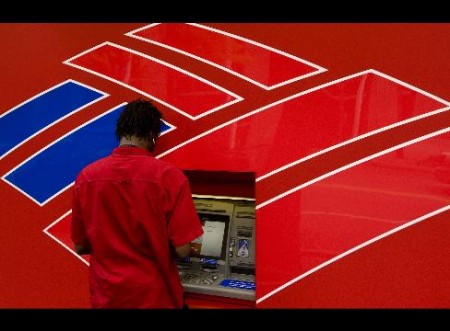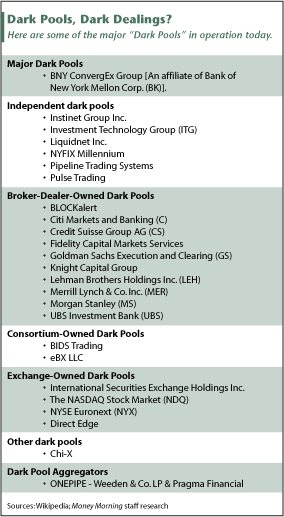
Related article: – Big Traders Dive Into Dark Pools
We can almost hear that ominous “Jaws” theme music in the background and can see that huge dorsal fin as it slices threateningly through the water – knowing full well that the real terror is hidden beneath the water’s surface.
But this time around, it’s not a “Great White” that’s sparking our fears; it’s a well-capitalized and broadly based series of secret stock exchanges known as “Dark Pools of Liquidity,” “Dark Liquidity,” or just “Dark Pools.”
Most investors have never even heard the term – and are truly shocked to discover these “off-the-books” trading networks actually exist.
But to Wall Street insiders looking to anonymously move billions of dollars in stocks, bonds, and other investment instruments, dark pools are de rigueur – especially when you’re an institutional trader who doesn’t want to reveal your intentions or your actions to the “rest” of the market, until after the fact when the orders are “printed.”
And that makes these dark pools of capital highly problematic when it comes transparency: There is literally none in most pools and only limited visibility in others.
Dark Pools: From Trading Haven to Heavyweight
Dark Pools are electronic “crossing networks” that offer institutional investors many of the same benefits associated with making trades on the stock exchanges’ public limit order books – without tipping their hands to others, meaning publicly quoted prices aren’t affected. This is the capital markets’ version of a godsend – especially for traders who desire to move large blocks of shares without the public investors ever knowing.
Some examples of so-called crossing networks include Liquidnet Inc., Pipeline, the Posit unit of Investment Technology Group (ITG), or the SIGMA X unit of Goldman Sachs Group Inc. (GS).
In an era in which “secret” transactions contributed to what’s shaping up to be the largest credit crisis in history, you’d think that any mechanism that allows insiders to trade in complete secrecy and with total anonymity would be scrutinized more closely than a Roger Clemens vitamin shot. But that’s not the case with Dark Pools.
Read moreAre “Dark Pools” Destined to be the Capital Markets’ Next Black Hole?

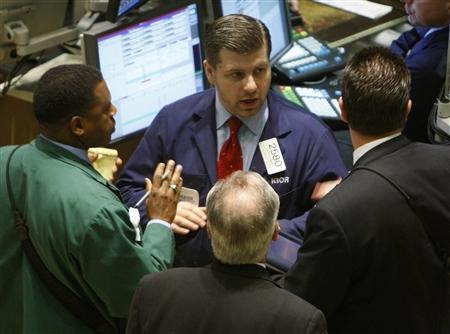
 -2.59 (-17.86%)
-2.59 (-17.86%) 